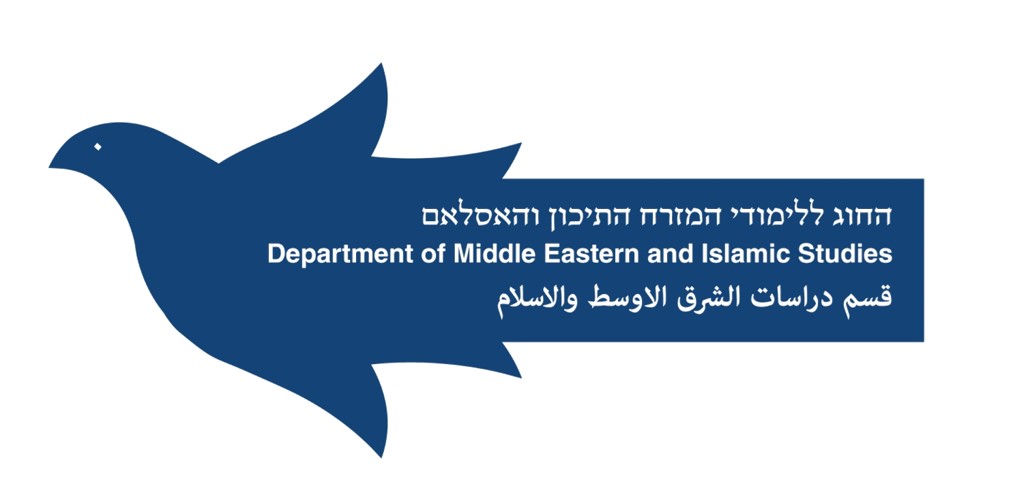
Middle Eastern and Islamic Studies Departmental Seminar
Islamic Law and the Interpretive Non-Muslim
Dr. Chris Prejean
The Haifa Center for Mediterranean History (HCMH), Fulbright scholar
This presentation, based on Dr. PreJean’s dissertation thesis, helps us understand how the ḥadīth teacher Ibn Ḥanbal (d. 255 / 855 C.E.) sought to resolve difficult legal problems that arose from Muslim and non-Muslim coexistence. The arguments presented are based on a legal work titled Non-Muslim Religious Communities, an early Ḥanbalī question-and-answer (masāʾil) text compiled by Abū Bakr al-Khallāl (d. 311 / 923), a second-generation student of Ibn Ḥanbal, which many historians of the Middle East have seen as indicative of quotidian social reality; that is, it tells us something about Christians and their interactions with Muslims. The goal of this presentation, by contrast, is to show that legal discussions about Christians—and other non-Muslims—tell us something about Muslims: Christians are interpretive devices and hermeneutical subjects in arguments that shed light on Muslim self-perceptions and concepts of theology and legal authority. The presentation will discuss Islamic contract law, non-Muslim women and children, and divorce oaths (īlāʾ, ẓihār, and liʿān) to substantiate this contention. This approach to legal hermeneutics might profitably be applied to other legal teachers and schools of law in the premodern period.
Tuesday, March 15, 2022, 12:15
University of Haifa
Join us on Zoom


